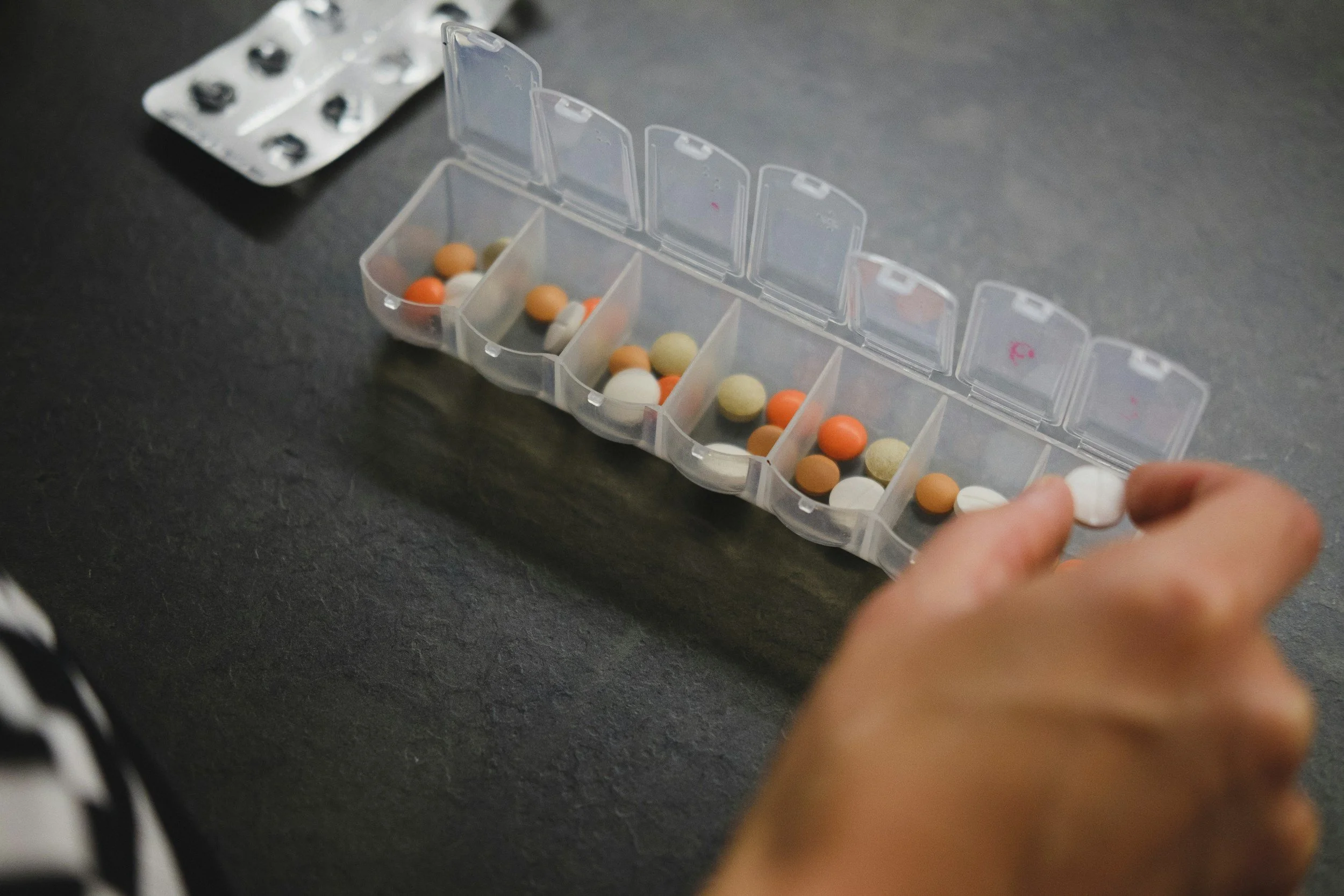Managing Your Medicines Properly
When your doctor prescribes a medication, following the instructions carefully gives you the best benefit and avoids additional health problems.
Not following the directions on your prescriptions can cause your condition to worsen. This often means higher medical costs and a reduced quality of life.
Follow instructions
Don’t change your dose. Never skip doses or take half-doses. Don’t double up if you miss a dose either, as this can be dangerous. If you believe the medicine you have been prescribed is making you feel badly, contact your doctor immediately and share your symptoms.
Finish your prescription. Always complete the full course of medication, even if you start to feel better. This ensures the medication has done its job. Different medications work in different ways. For example, cutting off an antibiotic too soon can lead to renewed infection. Stopping some antidepressants too quickly can cause unpleasant withdrawal symptoms.
Use only your own medication. Taking someone else’s medication can be harmful. It might be the wrong dose for you, interact with other medications you are taking, or cause a dangerous allergic reaction.
Understand your medication. Ask your doctor or pharmacist to explain why you need the medication, how it works, and what potential side effects or interactions you should watch for.
Tips to Help You Remember
Use a pill box. A daily or weekly pill container can help you keep track of your doses.
Set an alarm. Use your phone to set a reminder for each dose.
Create a routine. Take your medication at the same time every day, such as with breakfast or when you brush your teeth.
Plan ahead. Get your prescriptions refilled in advance and schedule regular check-ups with your doctor.
Travel prepared. Always pack enough medication for your trip, plus a few extra doses, and keep it in your carry-on luggage.
Always communicate openly with your doctor about any difficulties you're experiencing with your medication.
Share this blog!


